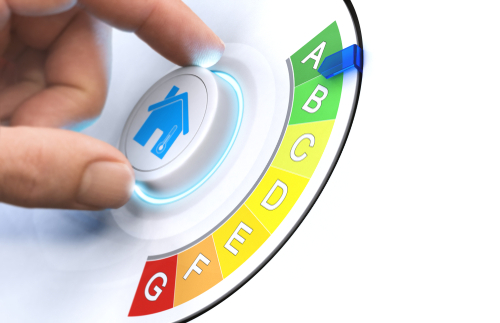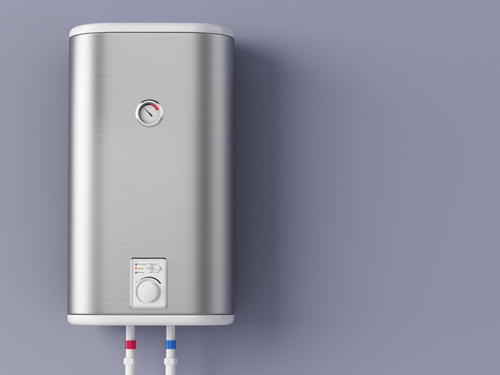Understanding Water Heater Efficiency Ratings
Investing in an energy-efficient water heater is not only cost-effective in the long run but it can also deliver better performance. However, before you make the purchase, it’s essential to understand the different efficiency ratings and choose the unit that works best for your home and your personal requirements.
While you can always rely on specialists in water heater installation near you in Chino Hills, CA to provide you with the necessary information and reliable service, doing some research of your own beforehand can help you gain a more comprehensive understanding. Read on!
What is a good efficiency rating for a water heater?
Depending on the type of unit, there are different ratings to look for, based on different criteria. Here’s an overview of the common ratings and what the mean for your home:
Energy factor (EF)
Energy factor is one of the most common ratings that is used for all types of heaters. It refers to recovery efficiency, heat loss, and cycling loss, and is based on the amount of hot water your unit produces per one unit of consumed fuel during a typical day. Different types and sizes of heaters come with different EF ratings. The higher EF, the better efficiency.
Uniform energy factor (UEF)
This rating is one of the newest overall efficiency measures and it actually replaces EF. It is based on the amount of energy a unit uses and the amount of energy necessary to power the unit itself. The unit’s efficiency rises with the value of UEF. For instance, a non-solar unit can be certified by Energy Star if it has a UFE rating that’s higher than 3.30.
First hour rating (FHR)
FHR is only utilized to evaluate how much hot water a tank can provide within the first hour of operation when recovered to the thermostat setting, starting with a fully heated tank. It’s determined by analyzing the tank’s insulation and size, as well as burner efficiency. A high FHR means better hot water availability.
Thermal efficiency
Thermal rating implies how effectively a unit can convert energy into fuel, then into hot water. It’s typically related to gas-powered units and presented by percentage. For instance, an efficiency of 86% means that the unit is capable of converting the 86% of energy into hot water and the remaining 14% is actually wasted fuel.
Energy Star certification
In order to earn Energy Star certification, an appliance is required to meet the strict criteria set by the US Department of Energy and the US Environmental Protection Agency. It typically lists the annual water consumption in kilowatt-hours (kWh), helping buyers evaluate average operating costs.
How can I increase the efficiency of my water heater?
If you’d like to enhance the efficiency of your unit, there are certain actions you can take to help it reduce energy consumption. Some options include:
- Installing a timer so it only operates at peak-use times.
- Insulating the heater and the connecting pipes.
- Securing regular maintenance.
- Setting the thermostat at a lower temperature.
Who provides reliable water heater installation near me in Chino Hills, CA?
If you’d like to learn more about some common water heater problems, you’re curious about innovations in water heating systems, or what smart technology means for water heating, specialists at OneStop Plumbers are here to answer all your questions and provide you with a meticulous service that meets your needs. Our team leverages first-rate equipment and cutting-edge technology to give you high-quality solutions. Whether you need us around the Egyptian Building or elsewhere in the area, our pros are ready to listen to your needs and act accordingly. Give us a call today!


